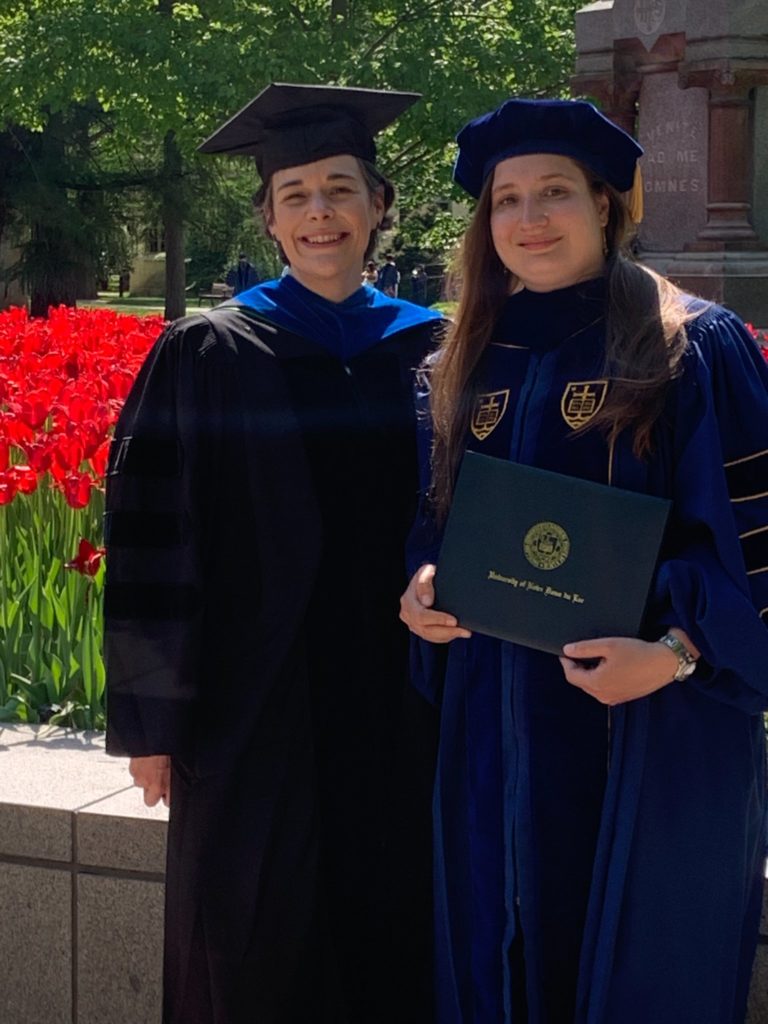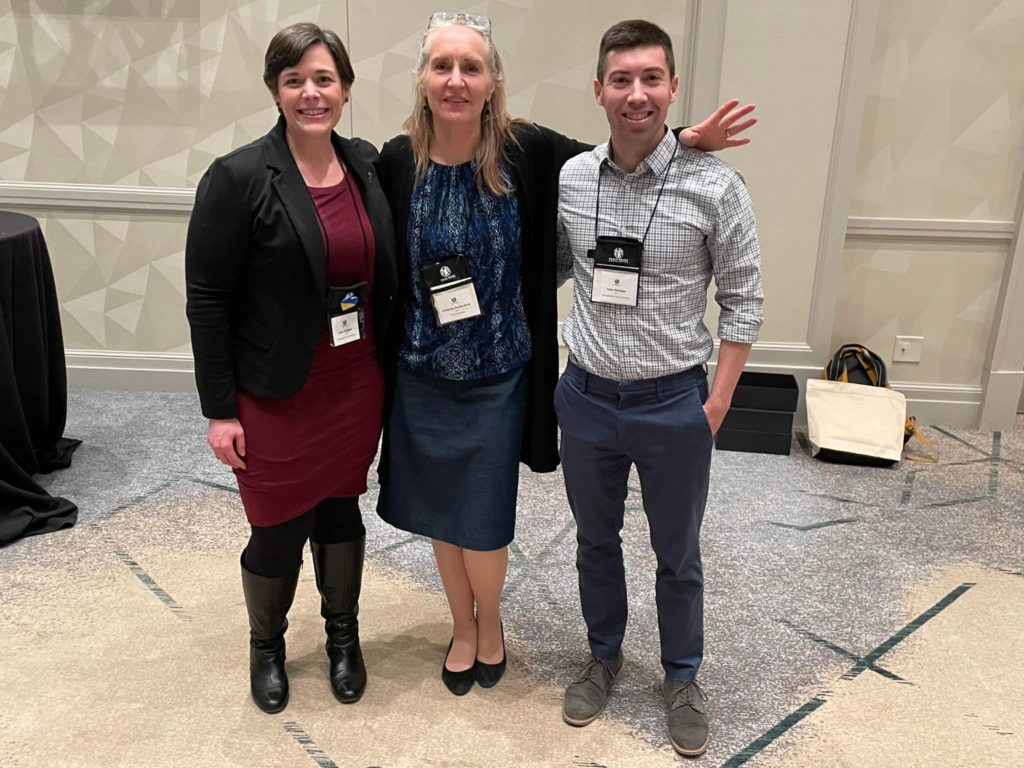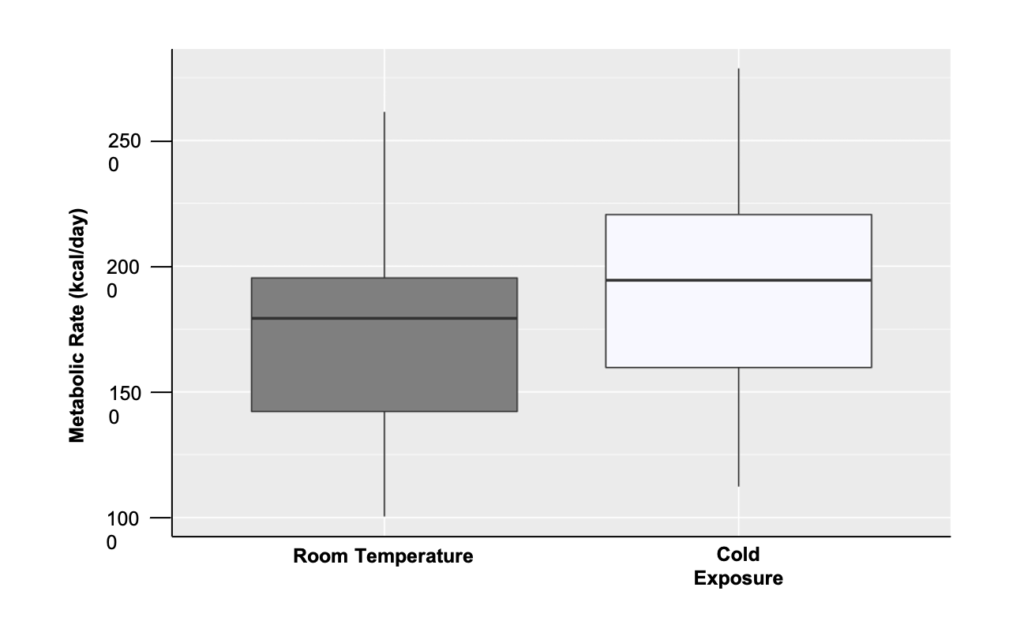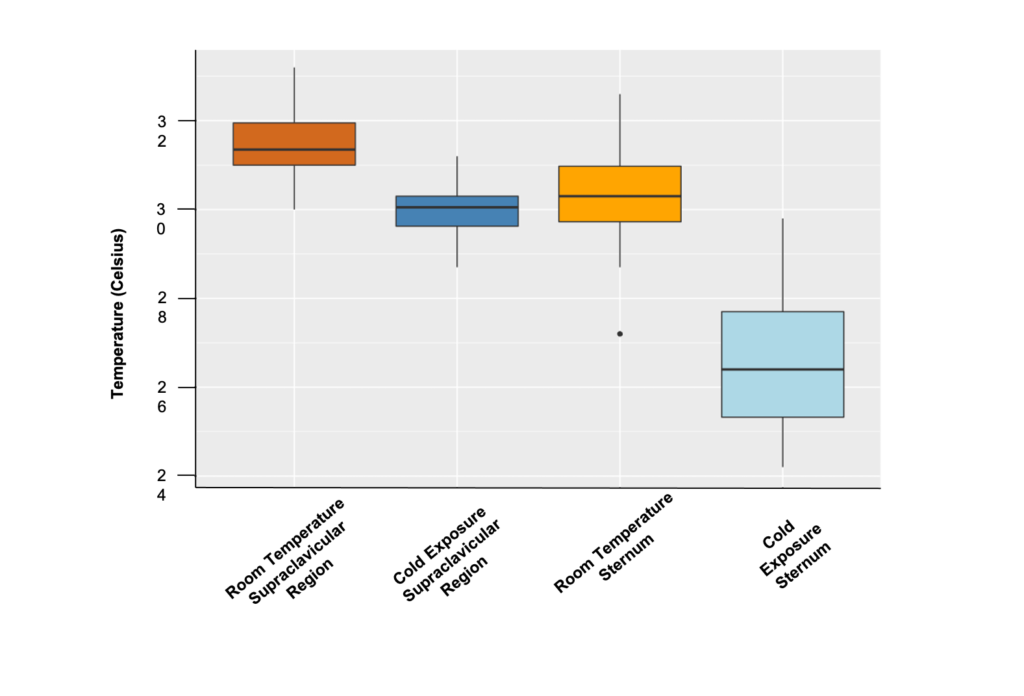It has been a wonderful and fruitful journey (not without its troubles thanks to COVID and my changing institutions), but I am so VERY PROUD to say that my student, Alexandra Niclou, is now Dr. Alexandra Niclou.

Alex is beyond brilliant, and I consider myself exceptionally lucky to have been a part of this process. Watching her grow, manage so many obstacles, and surpass me has truly been an honor and humbling experience.
Alex’s dissertation work focused on brown adipose tissue (BAT) among individuals in Samoa. This work is not only fascinating, but unique and groundbreaking, as it is the first time BAT has been measured among an adult tropical population. This work provides critical insight into the question, “Do all humans have BAT?” and, if so, “How does BAT function differently in different populations?” In order to conduct this work successfully, she developed collaborations with colleagues who work in Samoa. This includes Dr. Nicola Hawley from Yale and the Samoan Obesity, Lifestyle and Genetic Adaptations Study (OLaGA) team.
Alex found the cold adaptive BAT among the tropical Samoans. This unexpected finding suggests that BAT may be present in all humans. However, she also found that it functioned differently than among the Albany population she worked with previously and work conducted among cold climate populations by other researchers. By examining the presence or absence of this tissue in a tropical population, she has greatly added to our understanding of the role brown adipose tissue plays in human evolution and adaptation as well as addressing human variation and the unique morphologies exhibited by Polynesian populations. Furthermore, this work has the potential to reveal a therapeutic role for BAT in treating the global obesity epidemic and diabetes given the metabolic and glucose disposal properties. This is all to say that Alex’s work is not only exceptional within the field of human biology and anthropology, but also has real world implications.




